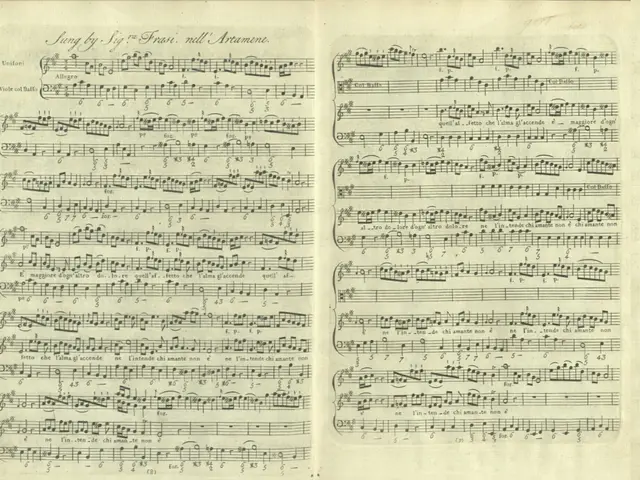Pope Leo XIV Condemns 'Dictatorship' of Economic Inequality
Pope Leo XIV, in his first significant statement, has condemned the 'dictatorship' of economic inequality, calling on Catholics to combat unjust economic structures. The document, 'Dilexi te', was finalised by his predecessor, Pope Francis, and focuses on poverty and inequality.
Pope Leo XIV signed the text on October 4, the feast day of Saint Francis of Assisi, honouring his predecessor's legacy. In the document, Leo XIV warns against 'worldliness' within the church, where some seek privileges by aligning with the 'elite'. He also expresses concern about the 'inhuman treatment of immigrants in the United States'.
Leo XIV criticises those in the church who merely 'preach doctrine' and 'ridicule' charitable works. He encourages Catholics to follow the example of Saint Frances Xavier Cabrini, who assisted poor Italian immigrants. Leo XIV shares Pope Francis' concerns about inequality and the global economic system, reiterating the church's commitment to supporting 'rejected' migrants.
Pope Leo XIV's document, 'Dilexi te', serves as a strong reminder of the church's stance on economic inequality and its commitment to supporting migrants. By signing the text on the feast day of Saint Francis of Assisi, Leo XIV honours his predecessor's work and continues the legacy of addressing poverty and inequality.







